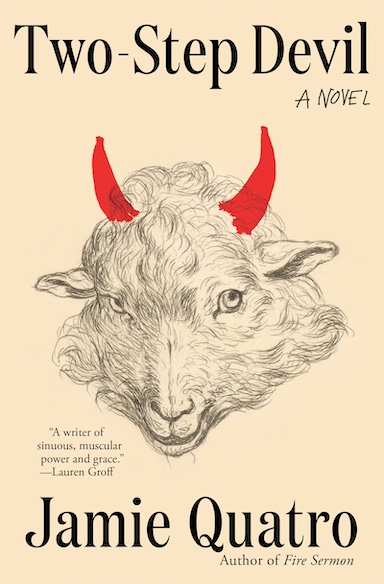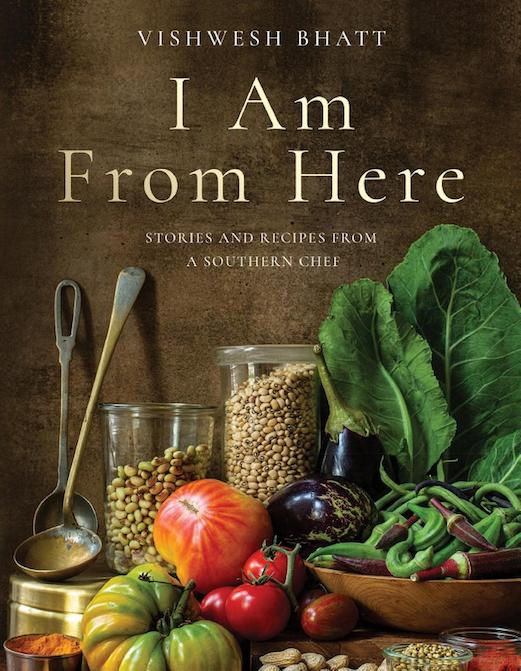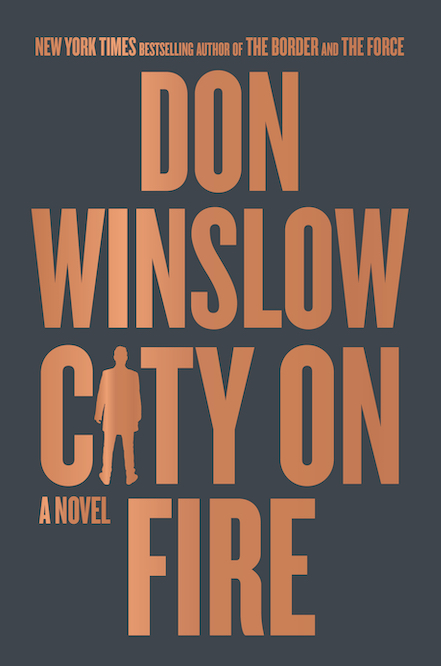Forbidden Voices and Outlaw Hearts
Appalachian writers reckon with their cultural inheritance in Walk Till the Dogs Get Mean
In the closing essay of Walk Till the Dogs Get Mean, a new anthology edited by Adrian Blevins and Karen Sayler McElmurray, West Virginia native Jayne Anne Phillips contemplates the hidden nature of the writing life: “Writers focus perpetually on the half seen, and we live in the dim or glorious shadows of partially apprehended shapes. We could bill ourselves as perceptually challenged—given that we live two lives at once, segueing from one to the other with some distress—but we accept, long before we publish, the outlaw’s mantle. We occupy a kind of border country, focused on the details that speak to us.”
 The Appalachian writers gathered in this anthology share a doubled understanding of such borderlands, hailing as they do from tucked-away Southern communities that prize the act of concealment. Walk Till the Dogs Get Mean delves deeply into this secretive aspect of Appalachian lineage and into the personal costs of exposing the forbidden.
The Appalachian writers gathered in this anthology share a doubled understanding of such borderlands, hailing as they do from tucked-away Southern communities that prize the act of concealment. Walk Till the Dogs Get Mean delves deeply into this secretive aspect of Appalachian lineage and into the personal costs of exposing the forbidden.
These writers invite us well beyond clichéd portraits of old-time religion and backwoods contrariness. Some bring us inside their most intimate, even dangerous, experiences of the forbidden. Chris Offutt narrates a heartbreaking series of abusive childhood encounters with an older man and then considers the consequences of the abuse. In the title essay, Jessie Van Eerden draws a vivid comparison between the half-wild dogs she encounters on her walks—their wounded “meanness” and hunger—with the internal upheaval caused by her own divorce. Jacinda Townsend reveals an intense moment when the severity of her childhood training—that women must not travel solo—comes flooding back, decades later and halfway around the world. Dorothy Allison owns up to patterns of self-destruction that dogged her as she struggled to escape her shame-drenched origins.
Other essayists examine their Mountain South backgrounds with a longer lens, noting cultural patterns that have influenced many generations before them. The forbears of Kentuckian bell hooks believed “belief that above all else one must be self-determining”—a crucial influence on hooks’s life of activism and her ability to “survive whole in a postmodern world.” Pinckney Benedict tackles the bigger picture in an entirely different way—a comic featuring mythologized characters like Orgo The Hillbilly King, “lean and cruel, crowned with kudzu.” Joyce Dyer experiments with the second-person voice, which glides into and out of the idiosyncratic lives in an “outmigrant” company town.
 Time and again these writers prove that to understand the Mountain South we must learn to see beyond its kitsch. In “Outsider Appalachian,” East Tennessee native Melissa Range asks: “Am I an Appalachian writer if I question the stereotypes and nostalgia I see in the books I’ve loved, and try to do something other than perpetuate them?” As someone who left a South that constrained her true sensibilities, Range has come to redefine this lineage for her own vision: “What makes my writing Appalachian, to me, is its musical language, its underdog eye, its anger at injustice, its violence, its investment in the natural world, its terrifying God. But I don’t know if that’s enough for the insiders to claim me as one of their own, or if they should.”
Time and again these writers prove that to understand the Mountain South we must learn to see beyond its kitsch. In “Outsider Appalachian,” East Tennessee native Melissa Range asks: “Am I an Appalachian writer if I question the stereotypes and nostalgia I see in the books I’ve loved, and try to do something other than perpetuate them?” As someone who left a South that constrained her true sensibilities, Range has come to redefine this lineage for her own vision: “What makes my writing Appalachian, to me, is its musical language, its underdog eye, its anger at injustice, its violence, its investment in the natural world, its terrifying God. But I don’t know if that’s enough for the insiders to claim me as one of their own, or if they should.”
The shadow of Appalachian inheritance looms large, and in each of these essays we are allowed an unguarded glimpse into the making of that writer’s voice, no matter how far from home he or she may have roamed. As Knoxville writer Charles Dodd White notes in his piece, “What We Gain in the Hurt”: “We are each passing back and forth, between countries, between shame and dignity, all of us. In this radical life we must find the salvation of what is real, never shying away from the severe and strange. That is what writers do if they are honest, what they inflict and grant.”
The essays of Walk Till the Dogs Get Mean create a cumulative effect of startling honesty. Like any worthwhile act of reckoning, this anthology is not particularly concerned with providing answers to the tough personal or cultural dilemmas posed in the essays. Instead it focuses on the writers’ willingness to engage permanently open questions. In fact, the sheer variety of style and form collected in this book offers its own powerful testament to the evolving legacy of literary Appalachia.

Emily Choate holds an M.F.A. from Sarah Lawrence College. Her fiction is forthcoming from The Florida Review, Tupelo Quarterly, and The Double Dealer, and her nonfiction has appeared in Late Night Library, Yemassee, and elsewhere. She lives in Nashville, where she’s working on a novel.


